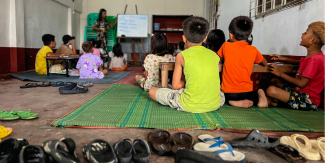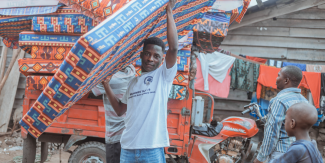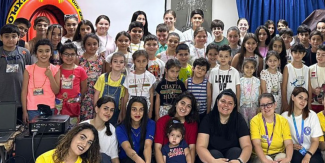October 24, 2025
In May 2024, the arrival of refugees in rural Ireland did not go unnoticed. Tent shelters appeared almost overnight, and with them came a wave of uncertainty—questions about safety, identity, and what this change might mean for the community. As protests grew louder and tensions rose, members of a small local church found themselves confronting a deeper question: if people seeking refuge showed up at their door, how would they respond?
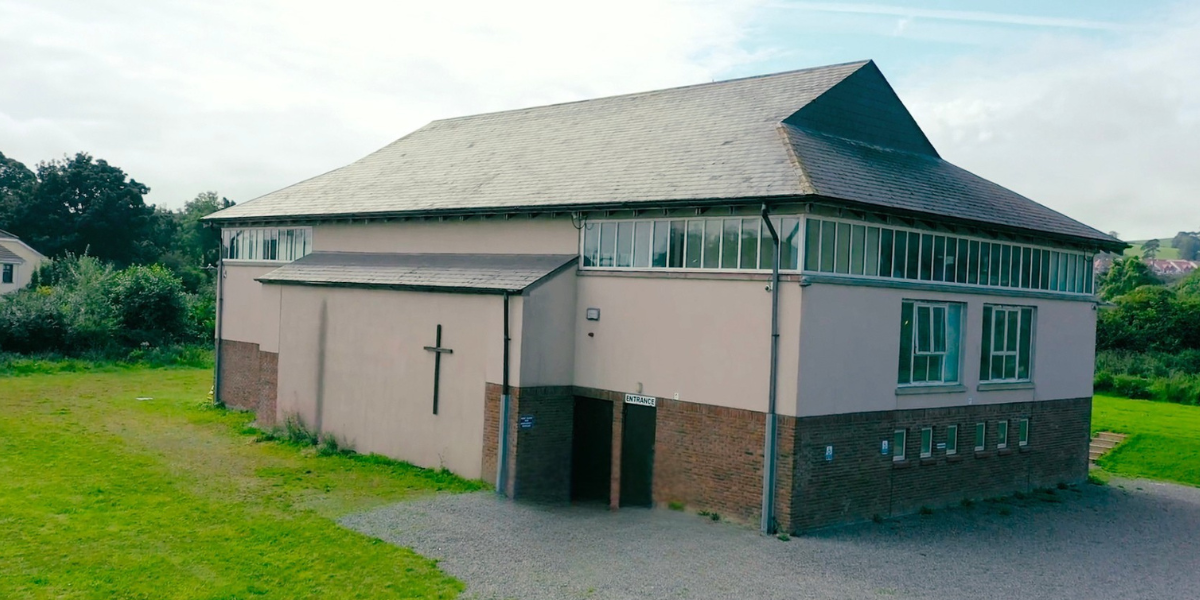
In 2023 and 2024, Ireland was experiencing one of the largest increases in legally recognized refugees and asylum seekers in its modern history. Thousands of men, women, and children arrived through official processes, fleeing conflict and persecution, and entered a system already strained by limited housing and support services. It was amid this growing humanitarian crisis that one Church of the Nazarene in Ireland opened its doors to newly arriving refugees so they could socialize, learn English, and integrate into life in their new country.
“My father always told me, ‘If ever you are in trouble in life, find a church, and they will help you,’” said Sofiane, a Palestinian man seeking safety in Ireland who attended English classes at the Nazarene church.
There were many residents in the area who welcomed the refugees and were delighted to have a chance to connect with them but did not know how to help. The Church of the Nazarene began to connect closely with others in the community who wanted to support these new neighbors—joining hands to respond together.
A few weeks after the tent shelter opened, the church became the main location for English classes. Due to the daily protests, the church organized buses every Monday and Wednesday to transport people safely to the class. While the church hosted the classes, the teachers and volunteers came from throughout the community.
“I was a little bit scared from the protesters,” said Anas, a young man from Gaza. “When we started going to the church and seeing Irish people in the church, we met good people and a good community. It was going better and better. We started to feel safe, because we found people in the church that love us and care about us.”
The classes paved the way for deep friendships to grow. “Learning their names, their stories, their likes and dislikes, and what they are good at—it was a joy to be able to be in a relationship with them,” said Rachel, a volunteer. “I have made a few lifelong friendships from that group, and that has been priceless.”
The church became a hub for language classes and the collection of material donations such as clothes, toiletries, and blankets. In addition, the local government’s integration team—responsible for helping refugees settle in Ireland—began to operate from an office at the church for one-on-one sessions with the men to connect them to services available to them, such as health care, education, and work permits.
The tent shelter became a temporary home to people from all over the world—Palestinians, Afghans, Somalis, Nigerians, and Sudanese. A number of men from Eswatini (formerly Swaziland) were there, including Muzi, who was born in the Nazarene hospital there.
“I must say in those days, Ireland had begun to feel like home; I really enjoyed studying the Bible with people who actually show the heart of Christ,” said Muzi, who began to attend a weekly home group at the Nazarene pastor’s house near the tent shelter.
Over the course of the year, the church had developed a reputation for being a place that cared for refugees.
“Our life as a church has been enriched by the whole experience,” said Rev. Tim Bowen-Evans. “To welcome the stranger is part of the fabric of Christian life. To work hand in hand with others in the community and practice compassion together has been incredible. We can do so much more when we partner with others.”
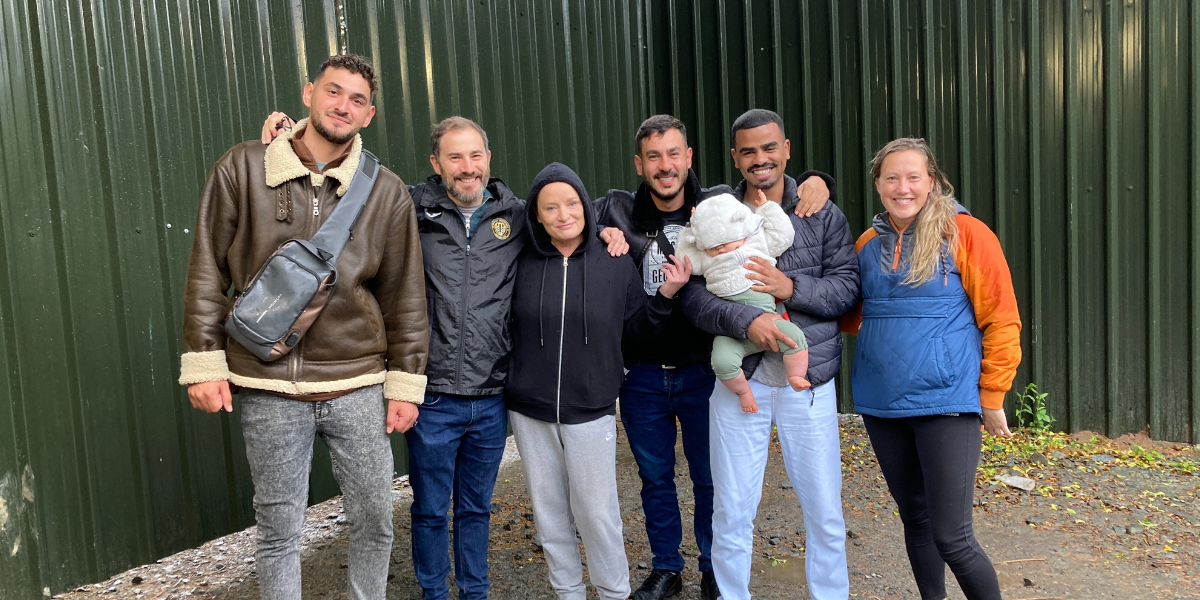
“We take seriously Christ's command to welcome the stranger, especially when they are the recipients of hostility and violence for simply seeking refuge,” said Rev. Luke Carrig, one of the other pastors of the church. “The English classes, hosted at our church, provided safety and friendship and the mutual blessing of learning from each other—it was a joy! In welcoming them, we were, in fact, welcoming Christ.”
When asked about coming to church for the first time, Anas explained, “you feel completely that you are with your family. You are home.” That had been the church’s dream all along: that these men, who had traveled thousands of miles in dangerous conditions, would feel loved and embraced—that they would indeed feel like they were home.
Story adapted from the most recent issue of NCM Magazine. Read more stories of hope here.

